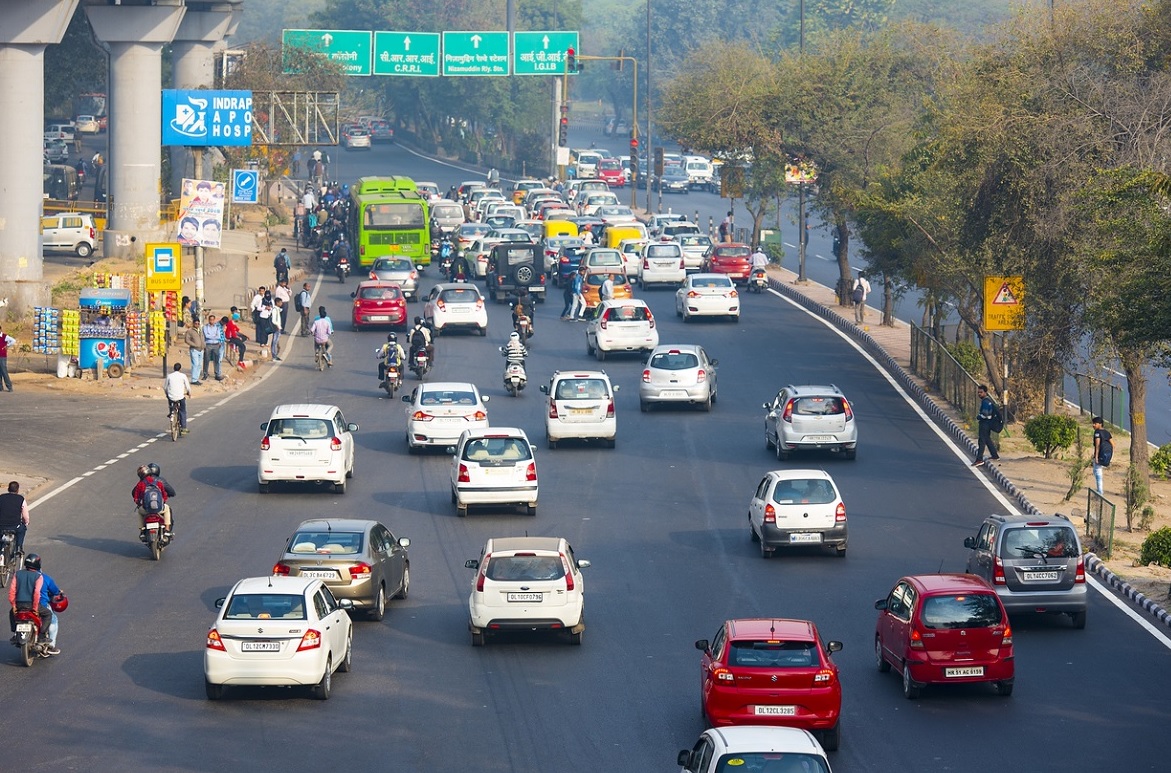In today's interconnected world, the efficient movement of goods is crucial for global trade. Ports serve as vital gateways for international commerce, facilitating the exchange of goods between countries. However, the impact of road transport on port operations is often overlooked. In this article, we delve into the multifaceted relationship between road transport and ports, exploring how they influence each other and examining the implications for logistics, infrastructure, and sustainability.
- Enhancing Connectivity and Accessibility:
Road transport plays a pivotal role in connecting ports with their hinterlands and facilitating the movement of goods to and from the port. Efficient road networks provide seamless access to ports, enabling smooth cargo flow and reducing congestion. By improving connectivity, road transport enhances the overall efficiency and competitiveness of ports, attracting more trade and investment. - Last-Mile Delivery and Distribution:
Ports act as major hubs for international shipments, but the final leg of the journey often relies on road transport for last-mile delivery. The integration of road transport with port operations is crucial for timely and reliable distribution of goods to end-users. Effective coordination between ports and road transport providers ensures efficient logistics, minimizing delays and optimizing supply chain management. - Infrastructure and Capacity Planning:
The interplay between road transport and ports extends beyond the physical movement of goods. Ports must consider the impact of road transport on their infrastructure and capacity planning. Increasing cargo volumes and larger container ships necessitate adequate road networks, intermodal terminals, and storage facilities. Collaborative efforts between port authorities and transportation agencies are essential to ensure synchronized development and avoid bottlenecks. - Environmental Sustainability:
The environmental impact of road transport on port operations cannot be ignored. The carbon emissions and air pollution associated with trucks and other vehicles contribute to climate change and affect the air quality in port areas. Ports are increasingly adopting sustainable practices, such as promoting the use of electric vehicles, implementing emission reduction strategies, and optimizing transport routes to minimize environmental harm. - Technological Advancements:
The integration of road transport and port operations is further enhanced by technological advancements. Intelligent transportation systems, real-time tracking, and data analytics enable better coordination, visibility, and efficiency in the movement of goods. Automation and digitization in both road transport and port operations streamline processes, reduce human error, and enhance overall productivity.
Conclusion:
The intricate relationship between road transport and port operations highlights the interdependence and mutual influence between these two crucial components of global trade. The seamless integration of road transport with port logistics enhances connectivity, improves last-mile delivery, drives infrastructure planning, promotes sustainability, and leverages technological advancements. Recognizing and optimizing this interplay is essential for maximizing the efficiency, competitiveness, and sustainability of ports in the ever-evolving global trade landscape.



